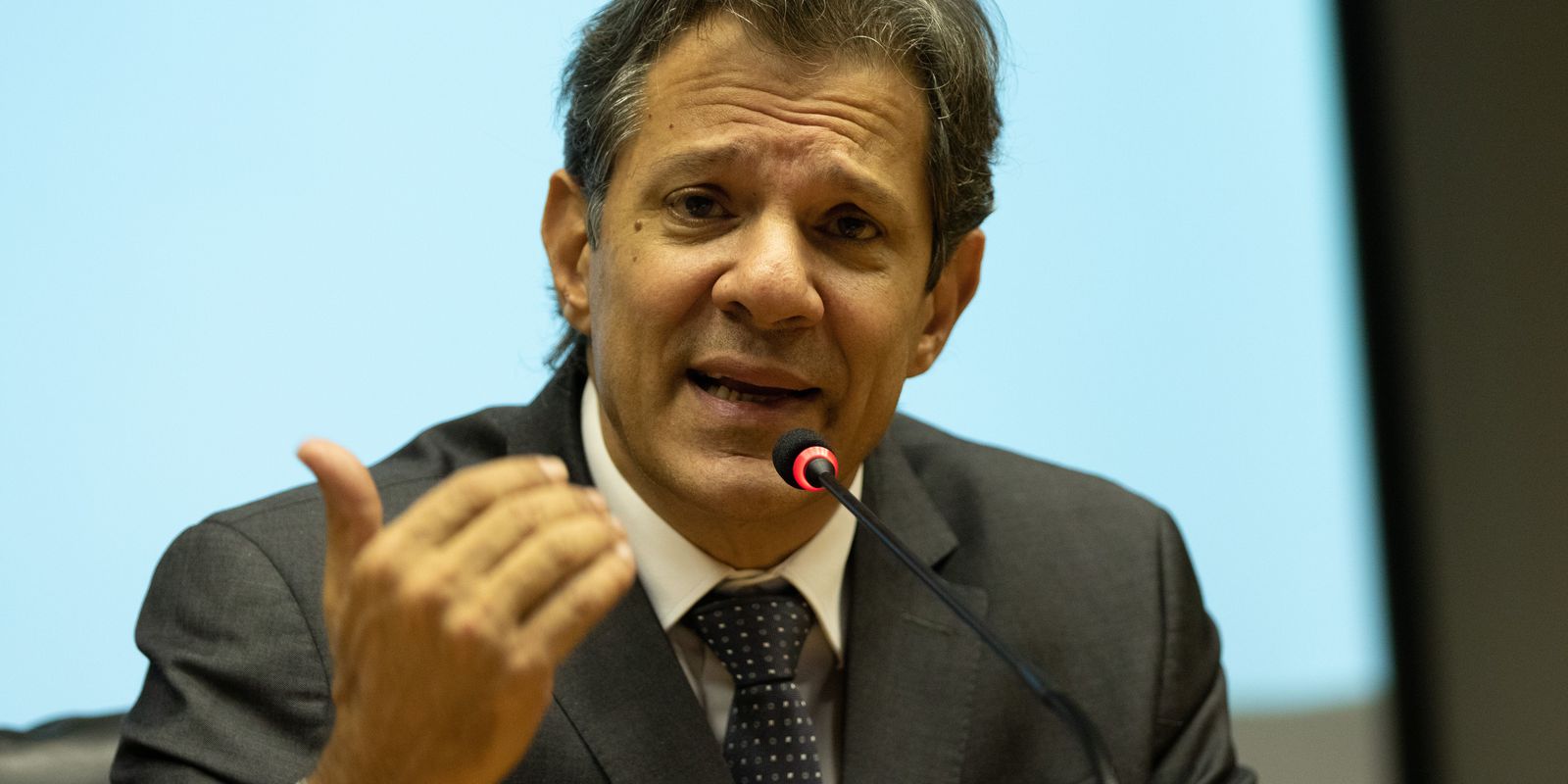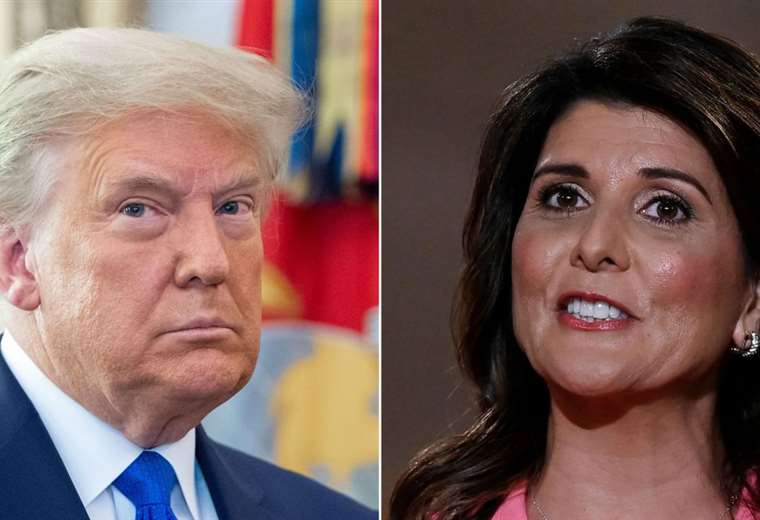The retraction of the Gross Domestic Product (GDP, sum of goods and services produced in the country) verified in the fourth quarter of last year reflects the slowdown of the economy caused by high interest rates, said this Thursday (2) the Minister of Finance, Fernando Haddad . Despite the shrinkage of the indicator at the end of 2022, the minister ruled out the risk of recession for this year.
“We are not working with the perspective of recession”, said Haddad, upon arriving at the Ministry of Finance after participating in the ceremony of launch of the new Bolsa Familia, at the Planalto Palace. An economy enters a technical recession when it records two consecutive quarters of negative results.
He commented the 2022 GDP result, released earlier by the Brazilian Institute of Geography and Statistics (IBGE). While the economy grew 2.9% last year, it contracted 0.2% in the fourth quarter.
“The whole challenge of the Ministry of Finance, the economic area, is to reverse this scenario and promote an upward curve in GDP growth. At the moment, it is descending”, said the minister.
For Minister Fernando Haddad, the economy is losing strength because of interest rate hikes promoted by the Central Bank (BC). Although the Selic rate (the economy’s basic interest rate) stopped rising in August last year, is at the highest level since the beginning of 2017 and the effects of a monetary tightening, in Brazil, take six to nine months to be felt in the economy.
According to Haddad, interest rate increases were influenced by fiscal measures adopted by the government of former President Jair Bolsonaro. Therefore, the minister considers the 2.9% GDP growth last year as “in line with expectations”.
Harmonization
The minister again highlighted the importance of “harmonizing” monetary and fiscal policies, so that the most vulnerable population is spared from the economic slowdown. “We have the opportunity to resolve the situation this year, without harming the lower-income population,” he said.
According to recent statements by Haddad, harmonization would take place as follows. The Ministries of Finance and Planning take steps to raise revenue. In exchange, the BC announces the possibility of starting to reduce the Selic rate in the coming months. Sending the new fiscal framework and the tax reform to Congress would also help in this mission.
Regarding the price policy for fuels, the finance minister said that the issue is being addressed by the Ministry of Mines and Energy, but that the idea would be to find a compromise between the international price of oil and the price at the pump. “We intend to find alternatives so that possible international price variations, which penalized consumers in the last government, do not weigh on the consumer’s pocket”, he explained.
















